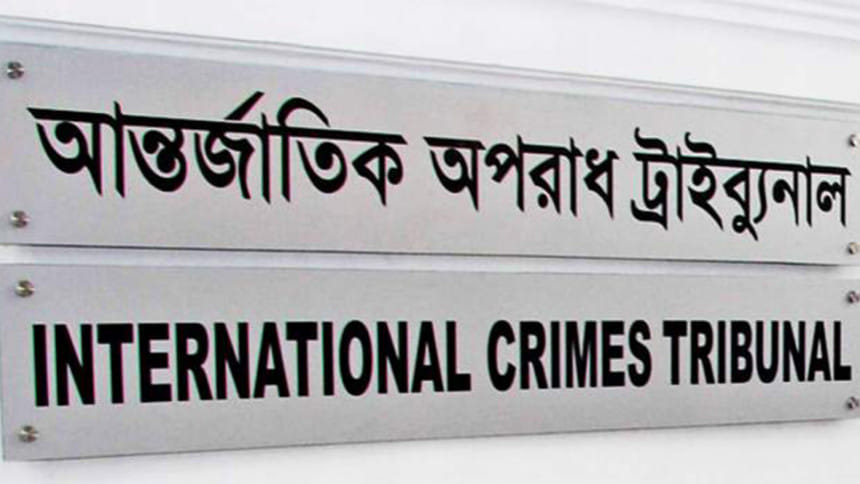Amended ICT Act comes into force, aims to align with international standards

The amended International Crimes (Tribunals) Act 1973, which came into effect yesterday, will govern the ongoing trials related to crimes committed during the Liberation War.
ICT Prosecutor Gazi Monowar Hossain Tamim announced this during a press briefing at the tribunal premises this morning.
Monowar said that the amendment aims to address previous legal loopholes and align the law with international standards to ensure justice for all parties involved.
"The government revised the Tribunal Act yesterday to bring it in line with international laws and to safeguard the rights of the accused, victims, and witnesses," he said.
The amendment will be applied retroactively from 2009, ensuring its relevance to the current cases. According to prosecutors, approximately 30 war crimes cases are currently under trial at the tribunal.
The prosecutor said that the law does not include any sections for punishment for political parties.
"There are other laws in the country for trying political parties, so no provision has been included for this purpose," he said.
He highlighted that the revised law now extends its jurisdiction beyond Bangladesh's borders.
"Previously, this law could only be used to prosecute crimes committed within Bangladesh. Now, whether the crime against humanity or genocide is committed within Bangladesh or from outside, in any territory, it can be prosecuted under this law."
"If a foreigner commits such crimes within Bangladesh, they too can be brought to trial."
In addition to these changes, the amendment introduces provisions for compensation.
"If an offender's assets are available, the state can use them to provide compensation to victims or those affected," he said.
"Earlier, the prosecution could limit the documents shared with the defense. Now, with court permission, the defence can access any relevant document they require," he added.
Regarding trial proceedings, he said, "Previously, the defense had to submit a complete list of witnesses during the charge hearing. Now, they can produce witnesses at any stage of the trial."

 For all latest news, follow The Daily Star's Google News channel.
For all latest news, follow The Daily Star's Google News channel. 



Comments